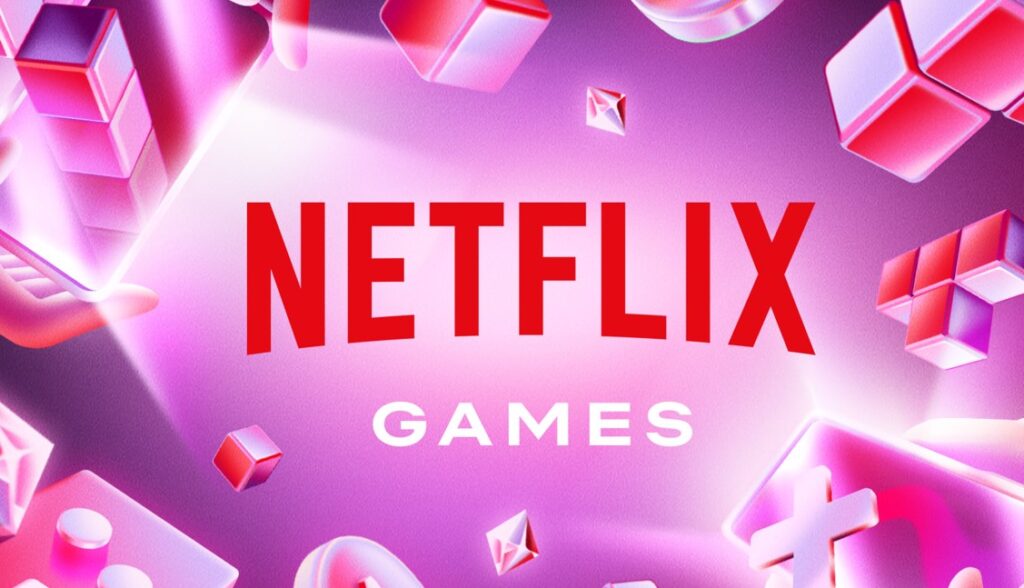Netflix’s recent decision to close its internal gaming studio has sparked a variety of reactions on Reddit, with fans expressing both disappointment over lost potential and frustration over what they view as corporate impatience.

Despite making strides in mobile gaming by offering numerous titles on its platform, Netflix was aiming higher. The company established an in-house studio, code-named “Blue,” with the ambitious goal of creating a AAA multiplatform game based on an original IP. However, as reported by GameFile’s Stephen Totilo, these plans have now been canceled, with the studio’s closure marking the end of this high-profile project.
The studio had recruited notable talent from across the industry, including:
- Overwatch Executive Producer Chacko Sonny
- Halo Creative Lead Joseph Staten
- The Coalition’s Jerry Edsall
- Blizzard and Bungie veteran Gavin Irby
- Sony Santa Monica Art Director Rafael Grassetti, among others.
While Netflix confirmed the shutdown, it did not disclose how many people were impacted by the closure. Though the company is not abandoning gaming entirely and is reallocating roles within its games division, it seems that entering the AAA market remains out of reach for now.
This situation highlights the challenges of game development, where simply gathering top-tier talent does not guarantee success. Success in AAA game development often requires a cohesive vision from the start—something that appears to have been lacking here. Interestingly, Netflix was working on an original IP rather than tapping into its extensive catalog of known properties, which includes many franchises with potential for compelling game adaptations. Breaking into the AAA space with a new IP, especially for a company with no prior experience in the field, was likely a daunting challenge.
This struggle is not unique to Netflix; other streaming giants have faced similar hurdles. Amazon, for example, has had mixed success, with games like Lost Ark gaining traction while other projects, such as Crucible, were canceled after disappointing launches. Recently, Amazon cut 180 jobs from its gaming division. Meanwhile, other companies, such as Warner Bros. and HBO Max, have opted to license their IP to established developers, although even this approach carries risks—as seen with Rocksteady’s troubled Suicide Squad: Kill the Justice League. Disney, too, faced disappointment with underwhelming sales of its Star Wars: Outlaws game, and Marvel’s Avengers game struggled to maintain an audience.
The AAA gaming market is notoriously competitive, and Netflix’s success in the streaming world has not yet translated to this demanding industry. While Netflix may continue exploring the gaming space, breaking into big-budget game development seems to require more than just assembling top industry names. Fans and industry watchers alike hope that more details will emerge in the future, shedding light on what went wrong with Netflix’s gaming ambitions.